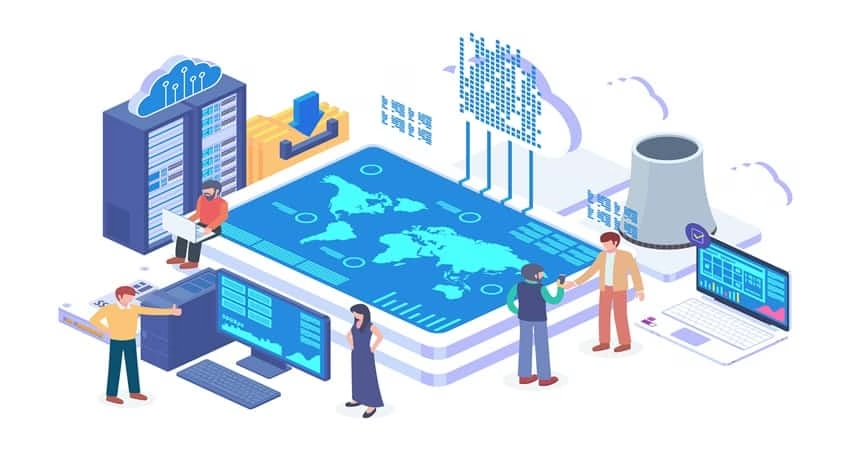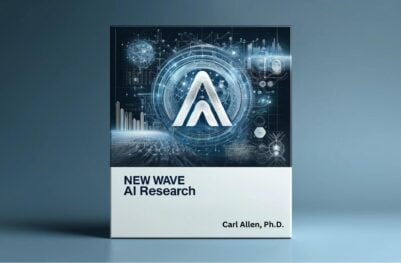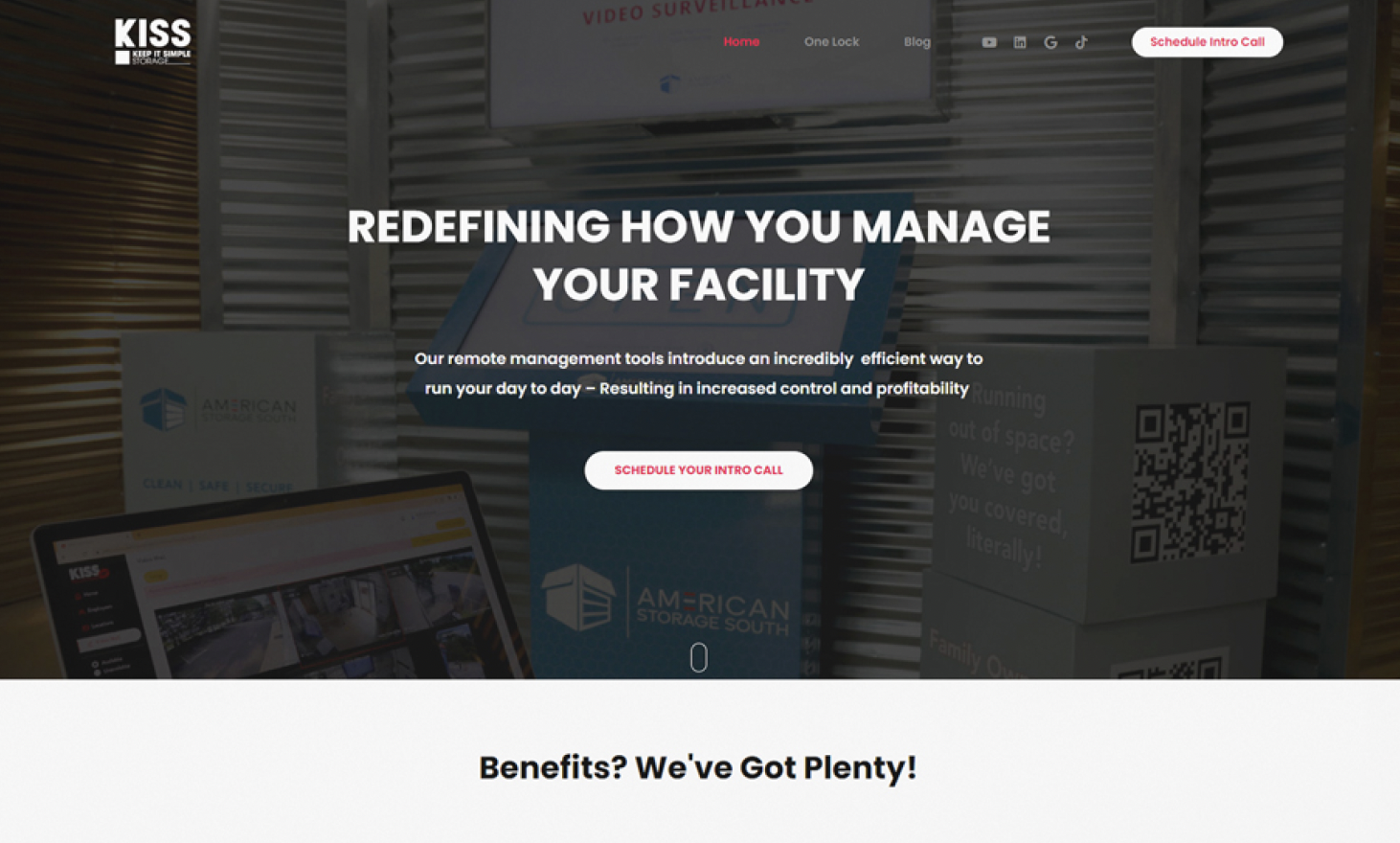- Developers
- Developer Blog
- Cloud Computing and IoT Software
- What is Cloud Computing vs Distributed Computing?

profile

By Faiza Khalid
Verified Expert
5 years of experience
Faiza is a CIS engineer with a keen interest in software development, AI research, and technology writing.
Are you interested in a detailed overview of cloud computing vs distributed computing technology? In this article, we will discuss the two computing technologies, with a focus on how do they differ from each other.
Cloud Computing vs Distributed Computing
Let’s first start with a brief introduction to both cloud computing technology and distributed computing technology.
Cloud Computing Service
Cloud computing technology is the availability of computing services over the internet. These cloud computing services can range from operating systems, virtual machines, and software applications, to networking, database, servers, etc.
Cloud technology basically follows a utility computing model that asks customers to pay-per-service. This means cloud customers can invest in cloud resources according to their business requirements and scale up as their business demands grow.
Cloud services ensure flexibility, quick availability of resources, and access to the latest technology like artificial intelligence, machine learning, etc., while keeping it economical for small to medium-sized businesses.
Cloud security, performance, scalability, reliability, cost, and speed are some of the top benefits of cloud computing technology.
Read more on what is cloud computing including its benefits and challenges in our blog here.
Distributed Computing Technology
Distributed computing involves multiple computers addressing a single overall computing requirement. Distributed computing divides one problem into several parts, subsequently, different computers try to solve different parts. Read more about it in “Distributed computing system”.

Get a complimentary discovery call and a free ballpark estimate for your project
Trusted by 100x of startups and companies like
When IT architects conceive distributed computing systems well, the computers communicate among themselves effectively. The result is that the resultant network of computers behaves like one cohesive system.
Distributed computing arose when the limitations of centralized computing systems became apparent. Let’s take the example of IBM Mainframe, a centralized computing system where one central computer would control the entire gamut of computational tasks. It served businesses well for decades!
However, it was found to be of limited effectiveness when the requirement to concurrently serve many online users arose, which gave rise to distributed computing.
Google Web Server is a good example of distributed computing. When users perform a Google search, multiple servers work together to quickly deliver the search results. Users perceive it as one system, however, it’s a distributed computing system in the background.
Benefits of distributed computing are several, e.g.:
- Scalability: You can achieve higher scalability when you use distributed computing since such systems distribute the workload across several computers. In other words, they scale horizontally. You can run computers to their full capacity when the workload is high, conversely, you can scale down when you have a lower workload.
- Built-in redundancy: Businesses using distributed computing run multiple servers, therefore, there is built-in redundancy.
- Lower latency: You can design a distributed computing system in a way that distributes the nodes to various geographies. This reduces latency.
- Lower cost in the long run: While the initial cost of setting up a distributed computing system is higher, distributed computing systems provide better cost efficiency in the long run.
- The efficiency of operations: You break down complex computing requirements into smaller chunks when you use a distributed computing system. This improves the efficiency of operations.
Read more about this in “What is distributed computing, its pros, and cons?”.
There are a few disadvantages of using a distributed computing system. I have already written about the higher initial cost, however, there are more, e.g.:
- Complexity: It’s hard to design, deploy, and maintain critical systems for distributed computing.
- Security challenges: Securing your sensitive data can be hard in a distributed computing environment.
Cloud Computing vs. Distributed Computing – A Comparison
Goals
Cloud computing services provide resources to meet specific computation and scalability targets. The cloud resources are according to the target environment and can be anything from data centers, software applications, to servers, databases, etc.
The main goal of a distributed computing service is to provide remote access to resources to users that users shared collaboratively. These distributed computing resources can be virtual machines, data files, servers, etc.
Types
Cloud computing technology has mainly four types. These are:
Hire expert developers for your next project
1,200 top developers
us since 2016
Private cloud:
It is privately owned by a particular enterprise. It is mostly used by companies that need high cloud data security and cannot risk any data breaches.
Public cloud:
This cloud system is hosted by the cloud provider and is made available to different businesses and users. The public cloud users have no control over the underlying cloud infrastructure. The cloud services are managed by the cloud host companies.
Community cloud:
It is being used by multiple cloud users simultaneously.
Hybrid cloud:
Hybrid cloud infrastructure is a combination of the above three cloud models.
Distributed computing technology has three types, which are as follows:
Distributed Information Systems:
These systems distribute information across various servers and follow a model similar to remote procedure calls (RPC) or remote method invocation (RMI) for communication over the network.
Distributed Pervasive Systems:
These systems consist of embedded computer devices like sensors, wireless cameras, mobile devices, etc. Electronic health systems and smart home systems are examples.
Distributed Computing Systems:
These systems are used for performance computation with the requirements of high computation power. For example, grid computing, cluster computing, etc.
Characteristics
Cloud computing is an on-demand network model that provides access to configurable computing resources. Distributed computing allows performing resource-intensive computation tasks on multiple computers at the same time.
Distributive computing helps collaborative resource sharing where computers connected for computational functions follow different communication models.
Hire expert developers for your next project
Cloud computing providers provide online access to multiple tools, systems, and services that would otherwise cost a lot of time and money to businesses. The configuration of these computer network technologies can be as distributed cloud computing or a centralized computer system.
Interested in Cloud Computing or Distributed Computing?
Distributed computing and cloud computing are both demanding areas of computational technology. The type of computational technology you opt for will depend on your business goal. If your business processes involve high computation operations and simultaneous computation on multiple resources would help, then you can go for a distributed computing model.
Even with distributed computing, you can invest in cloud computing services. You have to decide the resources you want and their feasibility if they are on-premises or on-cloud. Most businesses today are opting for cloud options as they add more efficiency, flexibility, etc.
It is better if you partner with qualified professionals before migrating to a particular computation model. Software engineers experienced in distributed and cloud computing can guide you better with the selection of technologies, their providers, etc.
If you are still looking for such a reputed software development partner, then DevTeam.Space can help you with its community of field-expert software developers. You can get in touch via this quick form stating your initial cloud or distributed computing requirements and one of our technical managers will contact you to discuss further details.
Frequently Asked Questions on cloud computing vs distributed computing
Cloud computing refers to the availability of IT resources and services such as servers, software, databases, networking, etc. over the internet according to the users’ demands while distributed computing refers to solving a computation problem over separate computers/resources that communicate with each other over the network.
There are four types of cloud computing models namely, private, public, hybrid, and community clouds. Three types of cloud computing services include software as a service, platform as a service, and infrastructure as a service.
Distributed systems consist of multiple software parts that run as the same system but on different computers. These computers that form a distributed system can be physically close and connected by a local network, or geographically apart and connected by a wide area network.

Alexey Semeney
Founder of DevTeam.Space
Hire Alexey and His Team To Build a Great Product
Alexey is the founder of DevTeam.Space. He is award nominee among TOP 26 mentors of FI's 'Global Startup Mentor Awards'.
Alexey is Expert Startup Review Panel member and advices the oldest angel investment group in Silicon Valley on products investment deals.


